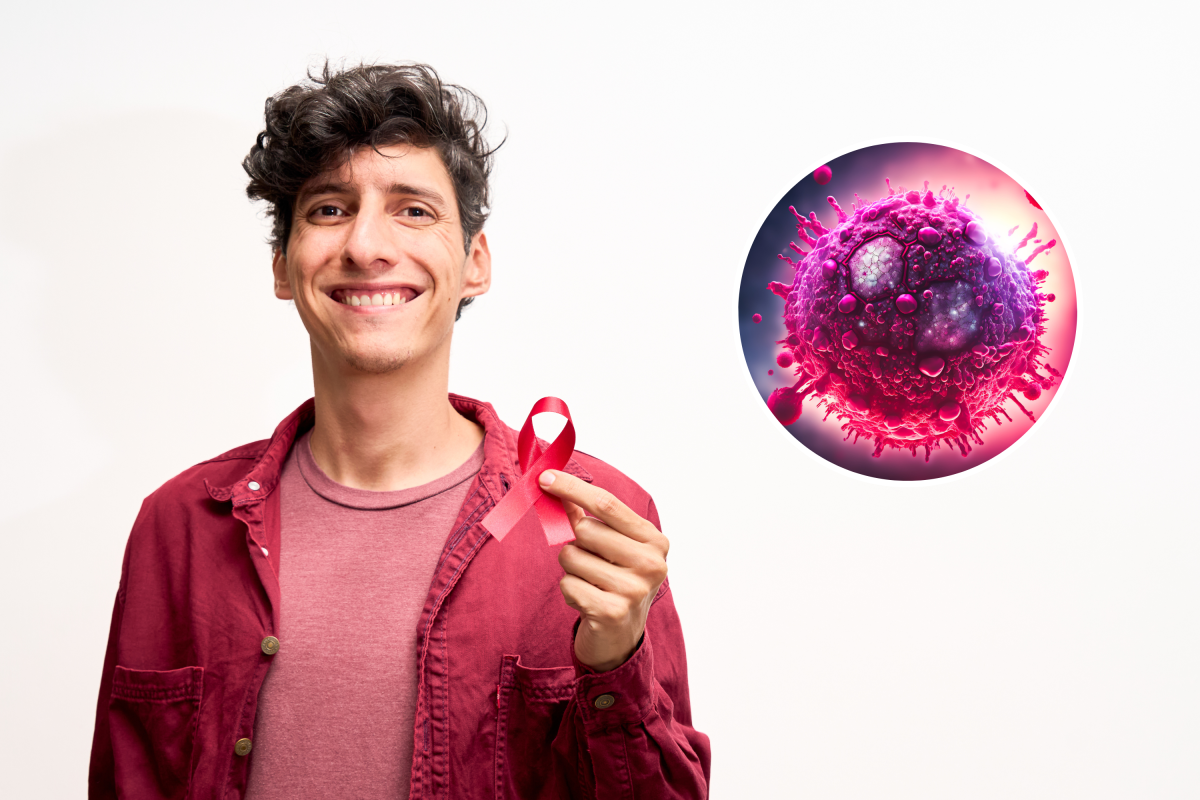The future may be getting brighter in terms of reducing the threat of the human immunodeficiency virus (HIV), infectious disease experts told Newsweek.
With new treatments and maybe even a vaccine on the horizon, 2025 could be an important year for improving the lives of people with HIV and preventing more people from getting it.
What Is HIV?
HIV is a virus that damages cells in the immune system and disrupts the body's ability to fight off infections and diseases. If the immune system is severely damaged by HIV, the person can develop acquired immune deficiency syndrome (AIDS), which can be life-threatening.
Approximately 1 million people are infected with HIV worldwide each year, and there is no cure. But many medications are available that can effectively control the virus once it has been diagnosed.
HIV can be passed from person to person via bodily fluids, such as during sex; from sharing needles; or during breastfeeding. Mothers can also pass HIV to their unborn babies during pregnancy.

A Possible Vaccine Against HIV
In 2024, research was conducted for a possible vaccine against HIV, but experts who spoke to Newsweek said that HIV vaccines are not likely to be available anytime soon.
For instance, a study published in September 2024 by scientists at the Massachusetts Institute of Technology (MIT) investigated the potential effectiveness of a two-dose HIV vaccine given across seven days.
The MIT paper showed promising results, but molecular virologist Jonathan Ball, deputy vice chancellor at the U.K.'s Liverpool School of Tropical Medicine—told Newsweek: "I think that the prospects of an effective HIV vaccine are still low," despite this research.
Scientific Advances in HIV Medications
"The major advances have been in simplified and/or long-lasting antiretroviral regimens, which can also be used to prevent infection," Ball said.
Antiretroviral medicines work by preventing the virus from replicating in the body, allowing the immune system to repair itself and preventing further damage, according to the U.K's National Health Service website.
People who use antiretroviral medications can reduce the viral load of HIV in the body to undetectable levels, which can stop them from passing it to others.
The 2024 breakthrough of the year, according to the journal Science, was with the drug lenacapavir, an antiretroviral medicine that performed very well in scientific trials.
Dr. Robert Hopkins Jr., medical director of the National Foundation for Infectious Diseases, told Newsweek: "This fall, a trial was published comparing the drug lenacapavir, injected once every six months, with a daily oral combination pill to prevent HIV infection in women in Africa. The trial was a tremendous success and showed dramatically lower HIV transmission than with the oral drug."
Hopkins said that lenacapavir was expected to be reviewed by the U.S. Food and Drug Administration in 2025, with the potential to dramatically reduce HIV infection.
"This will be a critical next step toward stopping HIV transmission, perhaps not in 2025 but hopefully in the near future," he said.
Professor Christophe Fraser, an infectious disease epidemiologist at the University of Oxford's Pandemic Sciences Institute, told Newsweek that lenacapavir was "extremely promising" and could drive the HIV epidemic to "lower levels than ever."
"But a lot needs to be done to translate this to success in the real world, beyond the initial trials," he said.
For instance, more people should have access to regular tests to check their viral load and drug resistance levels, Fraser said. Also, funding and political will need to be maintained for progress to continue.
"Progress with HIV has involved many advances and breakthroughs, and it's amazing the extent to which these keep happening," he said. "Public health, though, involves both these continuing advances in the lab and their translation to the field."
Hopkins said: "In the past few years, three medications have been approved for HIV prevention. While effective, uptake has not been as high as we would have hoped. Barriers to greater uptake include cost, coverage, access to care and building public demand."
He continued: "Yes, there is hope for the future of a world without morbidity and mortality from HIV, but this will not occur without an ongoing commitment of resources for research, outreach and medications."
Is there a health problem that's worrying you? Do you have a question about HIV? Let us know via health@newsweek.com. We can ask experts for advice and your story could be featured in Newsweek.

















:quality(85):upscale()/2024/04/24/878/n/3019466/36c5693c662965c5d1ce91.72473705_.jpg)


 English (US) ·
English (US) ·